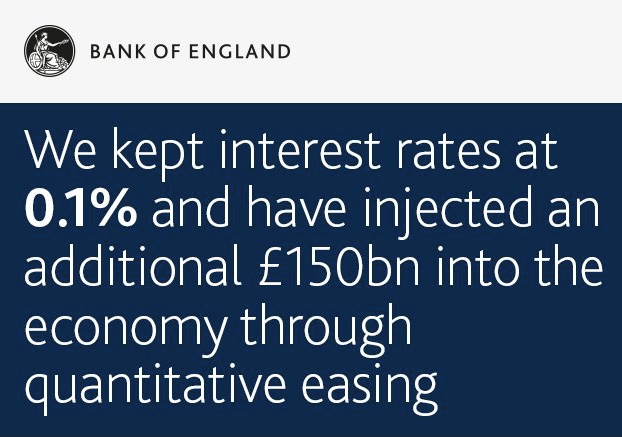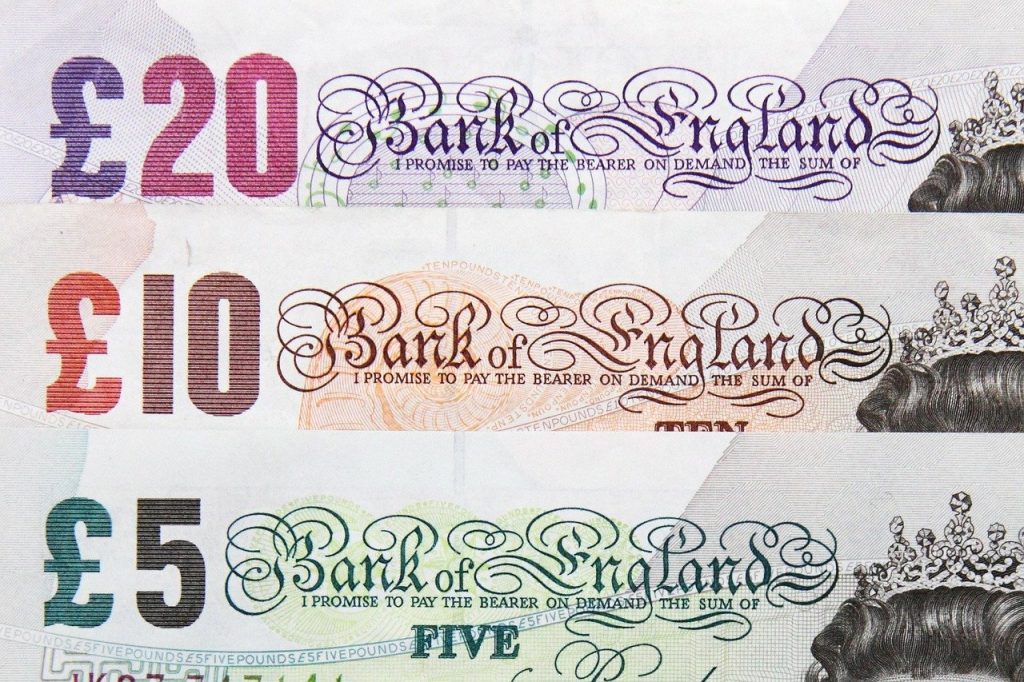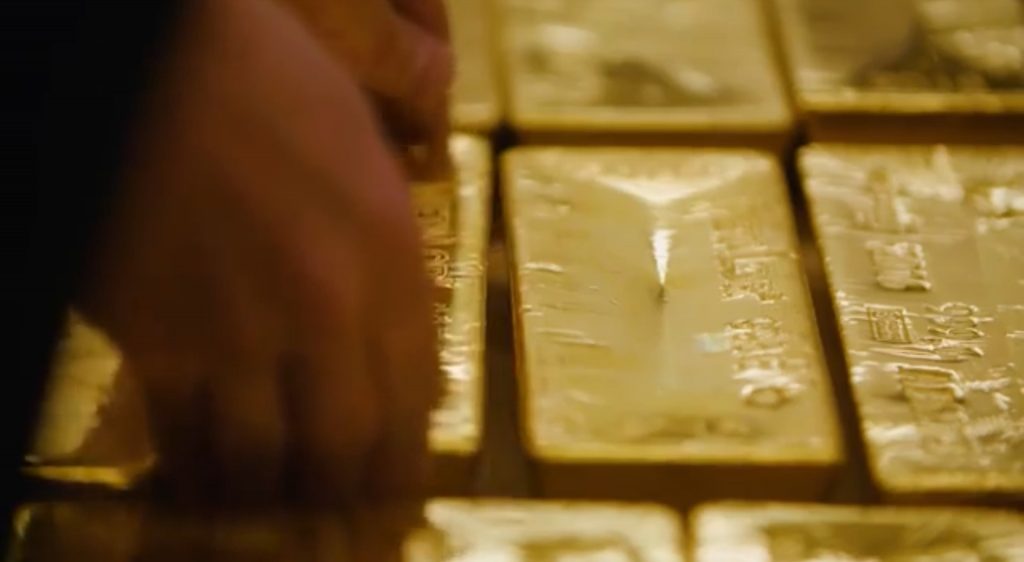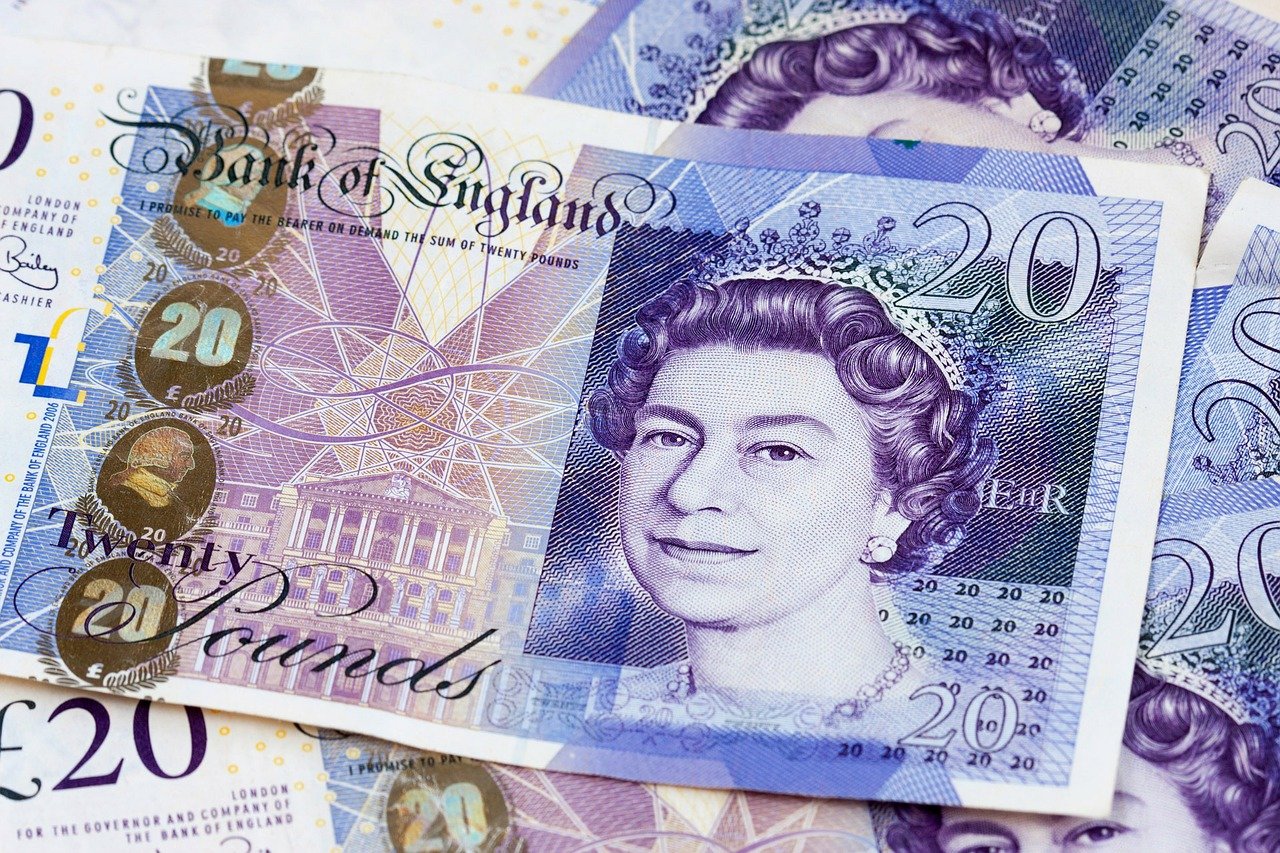The Bank of England once again fires up the money printing press and injects another £150 billion into UK failing economy, as well as confirming interest rates will remain at an all-time low of 0.1%.
Today the Bank of England tweeted:
“The Monetary Policy Committee voted unanimously to maintain #BankRate at 0.1% and to inject an additional £150bn into the economy through quantitative easing.”


As England starts a month long lockdown this is expected to push the UK economy further into recession territory.
The hospitality, entertainment and tourism sectors have been particularly affected due the lockdown rules which is adding to continued rise in unemployment.
The Bank of England is now predicting that the UK economy will shrink by a total of 11% in 2020.
Table of Contents
Interest rate at 0.1%
The Bank of England’s Monetary Policy Committee also voted to maintain the interest rate at 0.1%, which remains to be the lowest rate it’s ever been in the Bank of England’s 325 year history.
How much Quantitative Easing has the Bank of England done so far?

In simple terms, the BOE is essentially in charge of the UK’s money supply.
QE was only actually supposed to be a temporary measure brought on by the 2008 financial crisis, however, QE has never stopped.
Since 2008 the Bank of England has undertaken a series of bond purchases which have built up over the years, starting with £200 billion in November 2009, increasing to a total of £375 billion in July 2012, then £435 billion in August 2016, to a total of £645 billion March 2020, it increased to £745 billion in June 2020 and now the total has reached a staggering £875 billion of QE, (source: bankofengland.co.uk).
What is Quantitative Easing?
Quantitative easing (QE), is when central banks such as the BOE print new money (usually digitally) to inject money or ‘provide stimulus’ for the financial system.
This is basically initiated by central banks printing money (which they print out of thin air), and buying financial assets such as mortgage backed securities and government bonds.
Inflation.
An increase in money supply could eventually lead to further inflation, meaning the price of everyday goods and services get more expensive.
The average citizen could then see a reduction in purchasing power, as the money they have now essentially buys less goods and services.
Read more about inflation here.
Could gold protect your purchasing power?

BullionVault lets private investors around the world access the professional bullion markets. You can benefit from the lowest costs for buying, selling and storing gold and silver.
Gold is often viewed as a primary asset to protect your wealth especially in times of economic uncertainty.
Central banks such as the BOE and others, are continuing these huge amounts of quantitative easing programmes (printing money), which is essentially de-valuing fiat currency, including the pound sterling.
Pretty much all major currencies have depreciated relative to gold.
The reason gold maintained its unique value is because of the fact that you can’t print gold.
Gold is limited, gold bullion is used all over the world and is always in demand.
Gold can be an ideal option to protect your wealth against the continued printing and debasing of fiat currency by central banks across the globe.
Disclaimer: The articles or blog posts on this website are for general information/opinion purposes only and does not constitute either goldandsilveruk.co.uk or the author(s) providing you with legal, financial, tax, investment, or accounting advice. You should not act or rely on any information contained in the articles without first seeking independent professional advice. Care has been taken to ensure that the information in the articles are reliable; however, goldandsilveruk.co.uk does not represent that it is accurate, complete, up-to-date and/or to be taken as an indication of future results and it should not be relied upon as such.
The site goldandsilveruk.co.uk will not be held responsible for any claim, loss, damage, or inconvenience caused as a result of any information or opinion contained in these articles or blog posts and any action taken as a result of the opinions and information contained in these articles or blog posts is at your own risk. All rights reserved www.goldandsilveruk.co.uk
This website/blog may generate revenue through paid sponsorships, advertising, paid insertions and affiliate partnerships.
goldandsilveruk is a precious metals enthusiast who wants to give authentic, clear, simple, transparent information and opinion to readers. Compensation may influence advertising content, topics or posts made on the blog. However, all paid and/or sponsored content and advertising space and posts would be identified.
All facts and claims made in posts should be independently verified with the manufacturer or provider. If a conflict of interest exists in the content, it may not always be identified.
Changes made to the policy will be identified on disclaimer page and in the general privacy policy and T&C.

